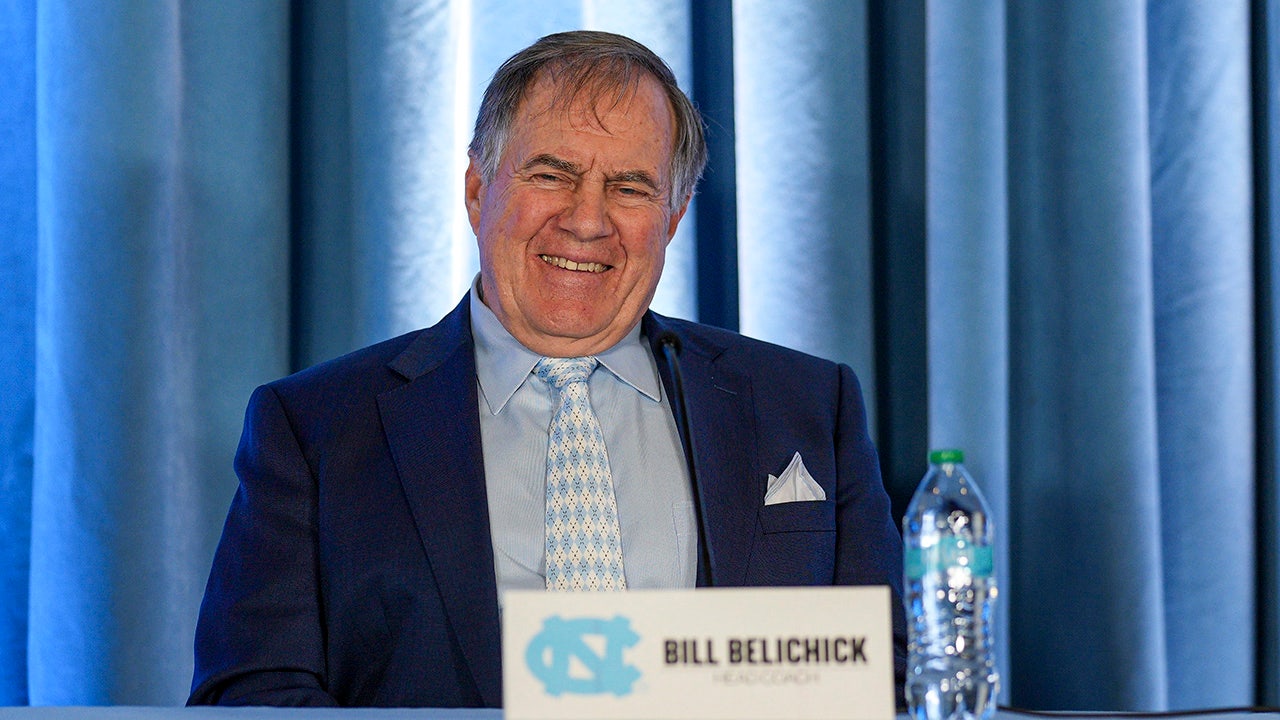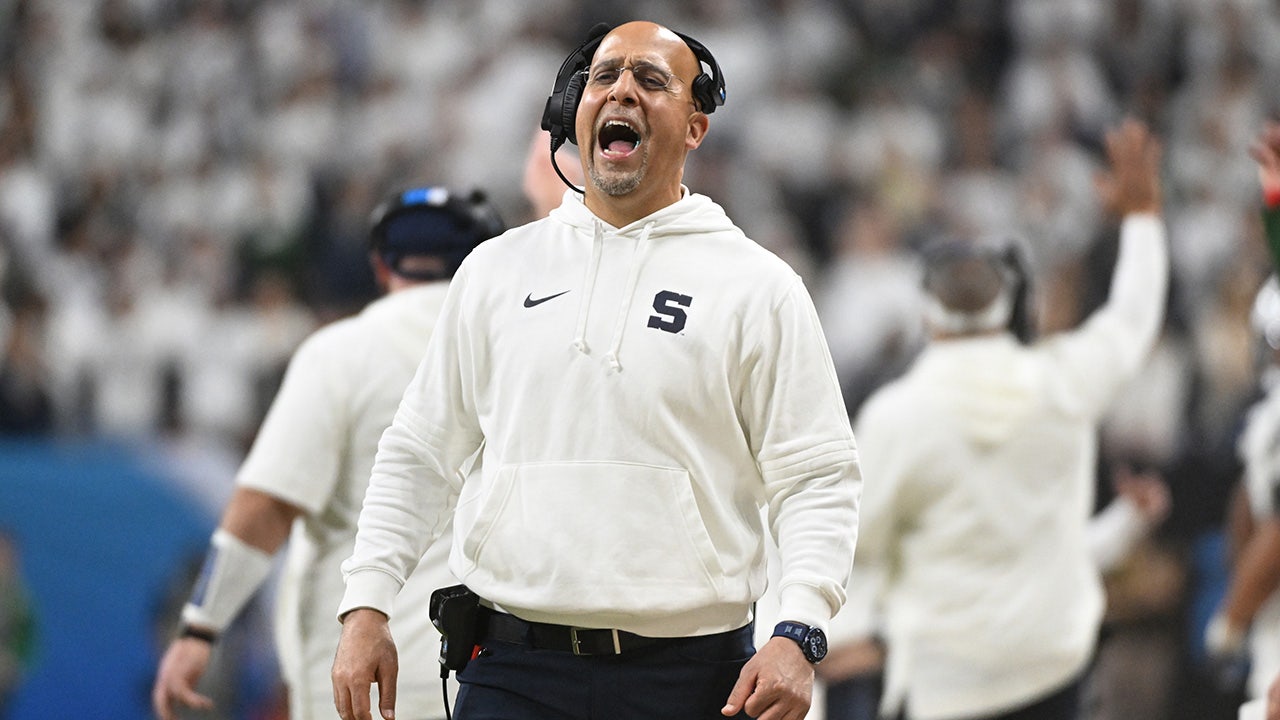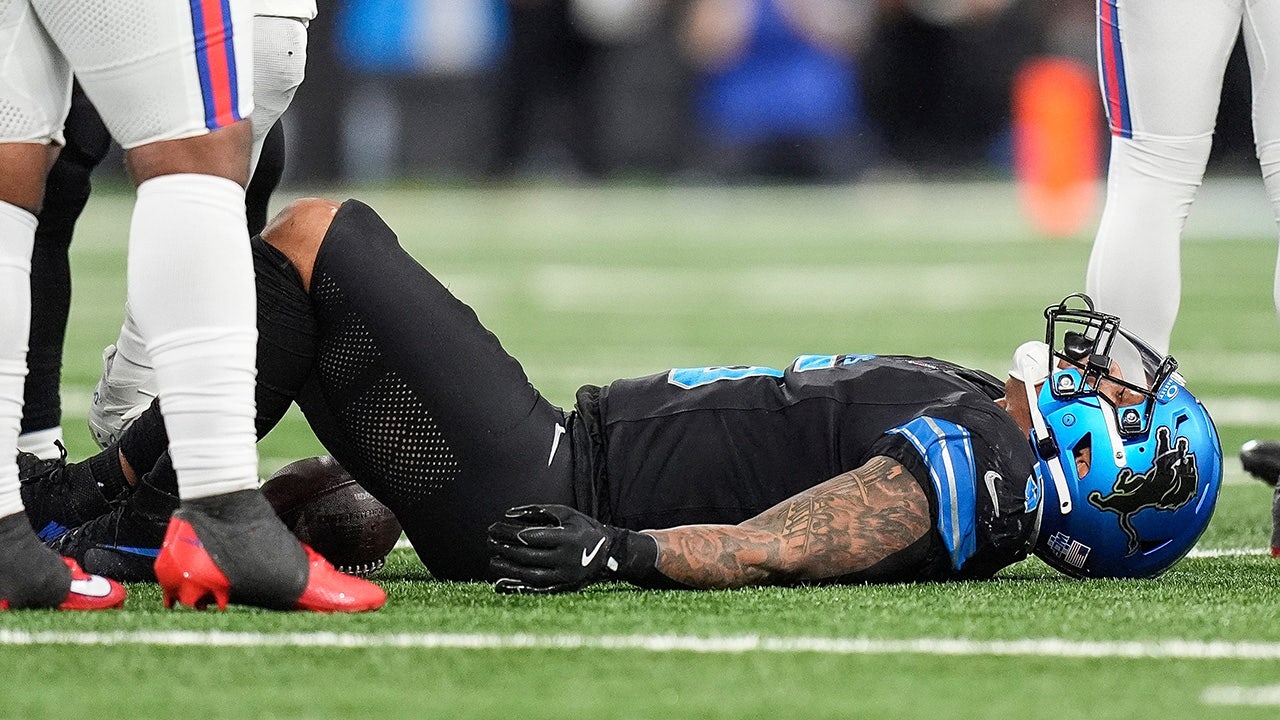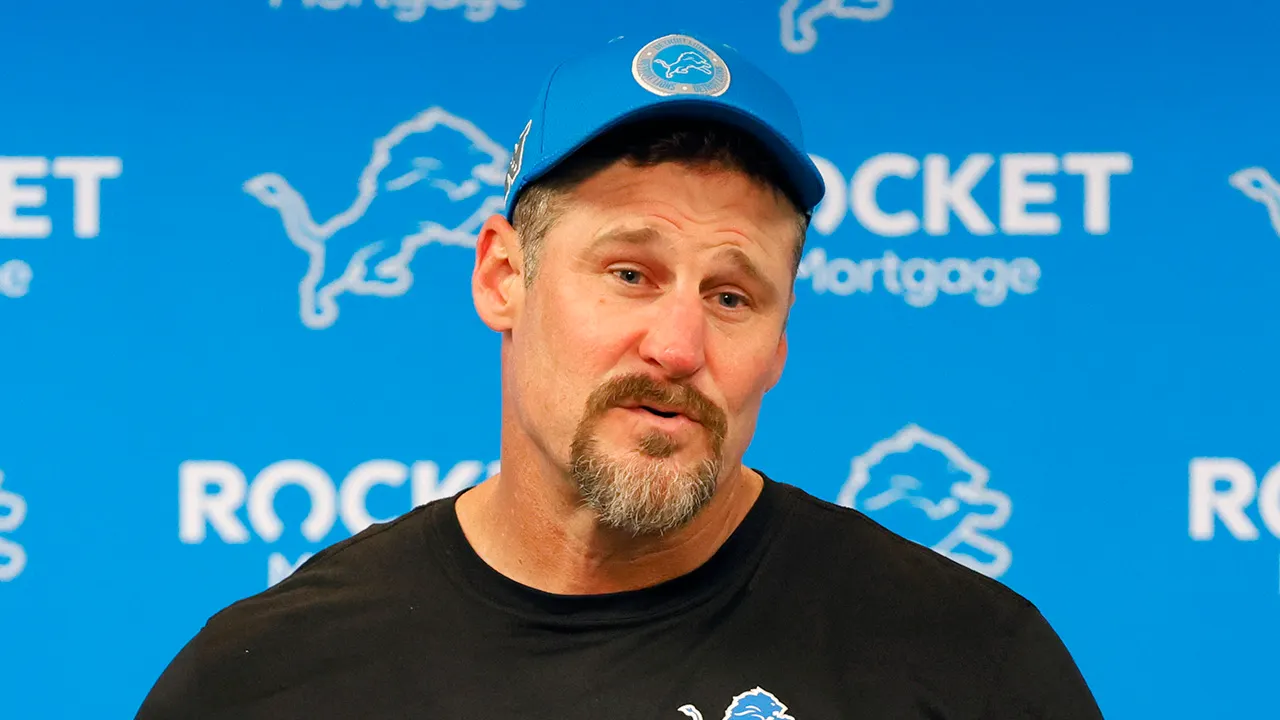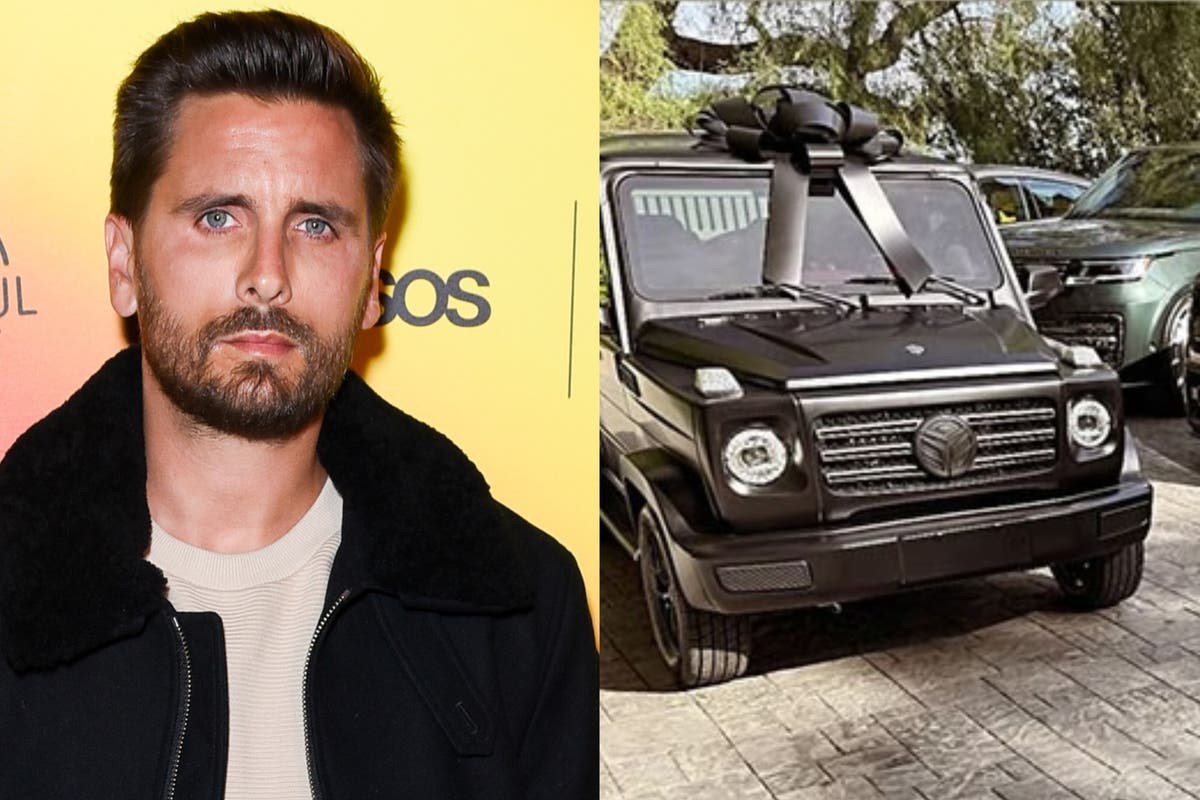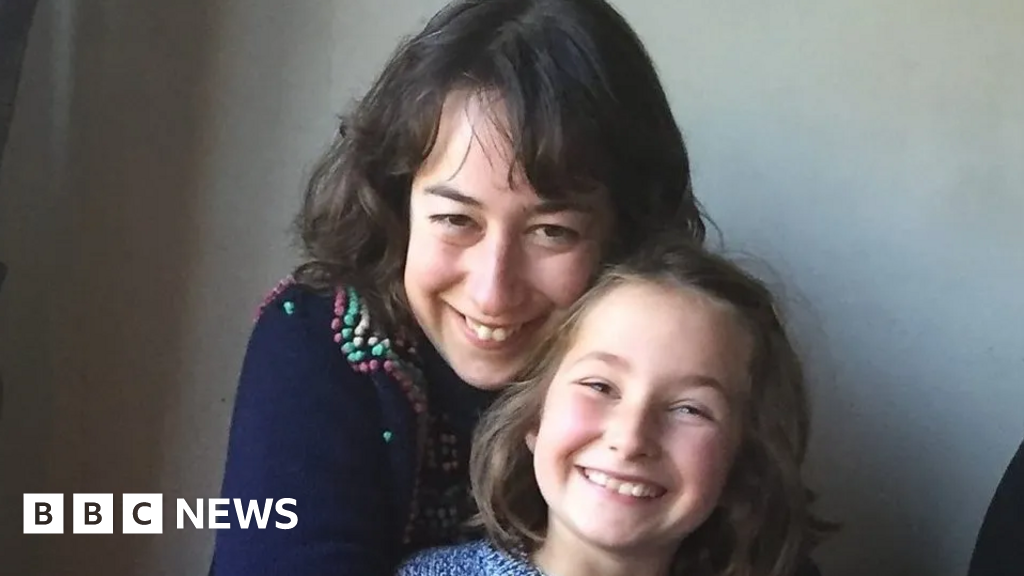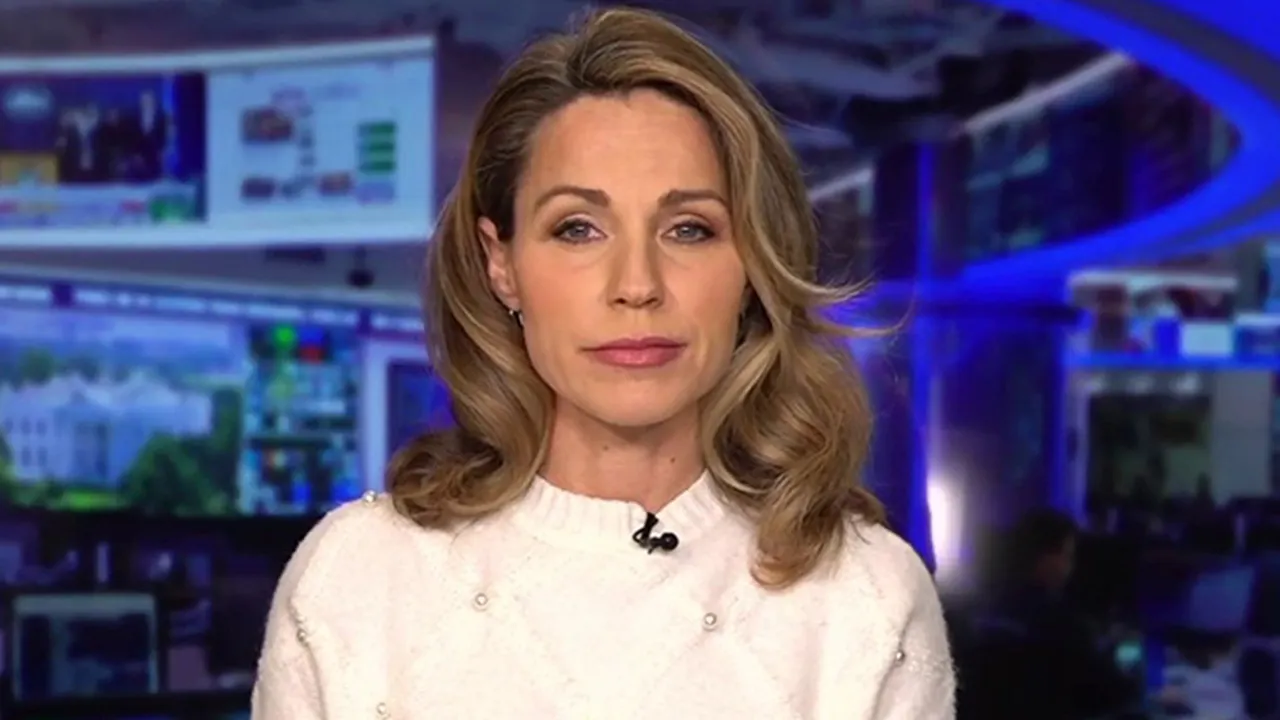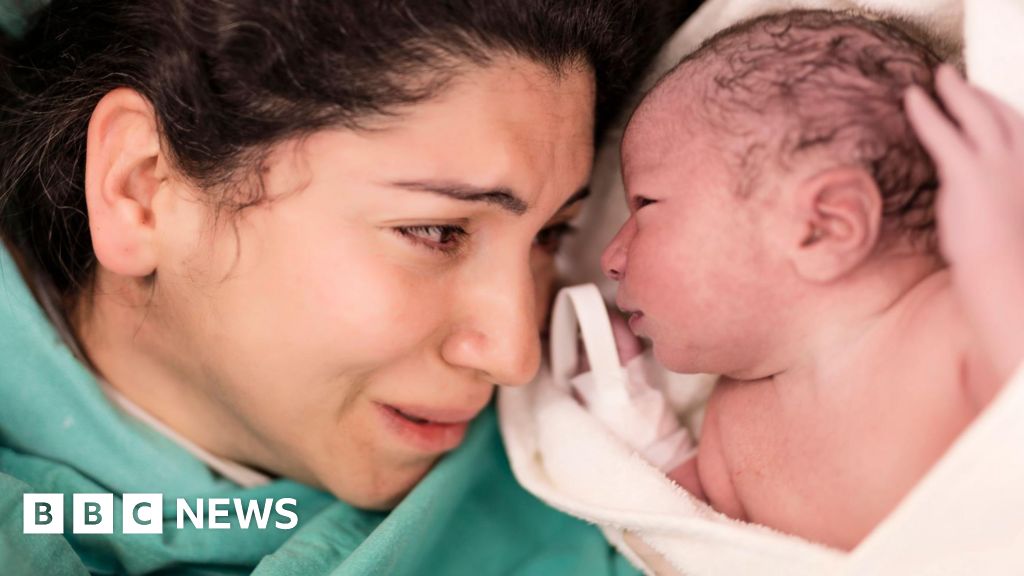Yevgeny Prigozhin, the leader of the Wagner Group, a powerful mercenary force associated with the Russian government, has ignited a crisis by declaring war on Russia’s military leadership.
Prigozhin’s bold move has prompted a criminal investigation and heightened security measures in Moscow, raising questions about his motives and background.
Known for his provocative nature and media trolling, Prigozhin has been at the forefront of Russia’s aggression against Ukraine, leading the Wagner Group in various conflicts. The origins of the Wagner Group trace back to 2014, when tensions between Ukraine and Russia escalated over the Crimean region. Prigozhin aimed to form a group of fighters to protect Russian interests and expand their presence in regions like Libya, Syria, and parts of Africa.
Throughout the war in Ukraine, Prigozhin clashed with Russian military leaders, openly criticising their competence and accusing them of neglecting his troops’ needs for proper weaponry and ammunition. He released videos contradicting the official Russian narrative, showcasing his fighters and questioning the military’s preparedness. This culminated in a video where he stood alongside fallen Wagner fighters, demanding justice for their sacrifice.
Prigozhin’s rebellion against the Russian military leadership has triggered international attention and a swift response from security forces. The United States previously indicted him for his alleged involvement in a covert social media campaign during the 2016 election, adding to his controversial reputation.
The relationship between Prigozhin and Russian President Vladimir Putin dates back to their shared hometown of St. Petersburg. While Putin rose to power, Prigozhin served a decade-long prison sentence before establishing himself as a successful entrepreneur, catching Putin’s attention. Prigozhin’s businesses extended to catering and providing meals to Kremlin events and state dinners, earning him the nickname “Putin’s chef.” He also owned Concord Management and Consulting, suspected of bankrolling online pro-Trump trolling operations during the 2016 election.
Prigozhin’s recent actions have ignited speculation about his motives. In a critical video posted on Russian social media app Telegram, he accused the Russian military leadership of starting the war and claimed that Ukrainian forces were successfully pushing back the Russian army. The response from Russian state officials was swift, launching a criminal probe into Prigozhin’s statements, with some describing them as calls for armed civil conflict.
Prigozhin’s rebellion poses significant challenges to Russia’s war efforts in Ukraine, as his Wagner Group plays a crucial role in Putin’s projection of Russian influence. The events also have implications for public support of the war effort and potential repercussions for Putin’s regime. As tensions escalate, the situation warrants close observation as the consequences unfold.
Mark Galeotti, an expert in Russian security affairs, remarked on Prigozhin’s role, stating, “Prigozhin does what the Kremlin wants and does very well for himself in the process. But that’s the thing — he is part of the staff rather than part of the family.”











